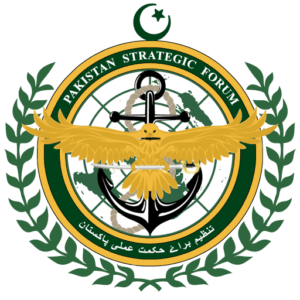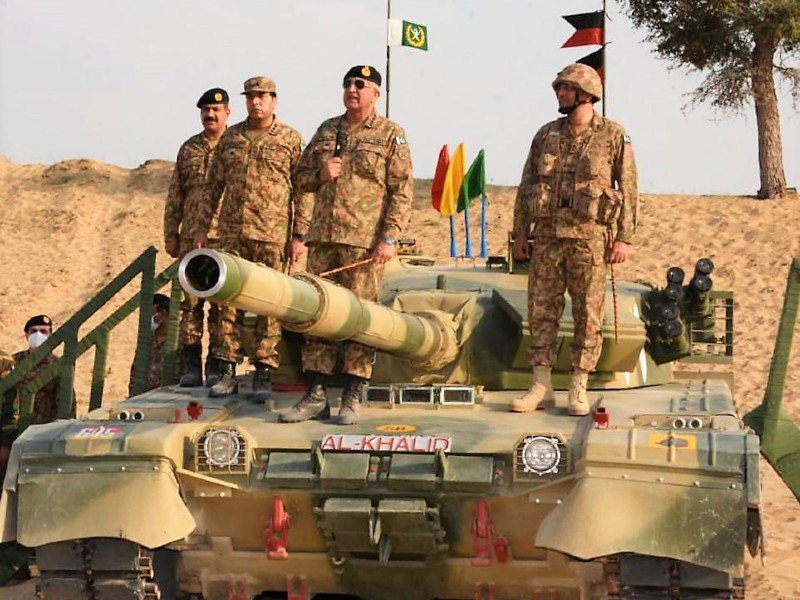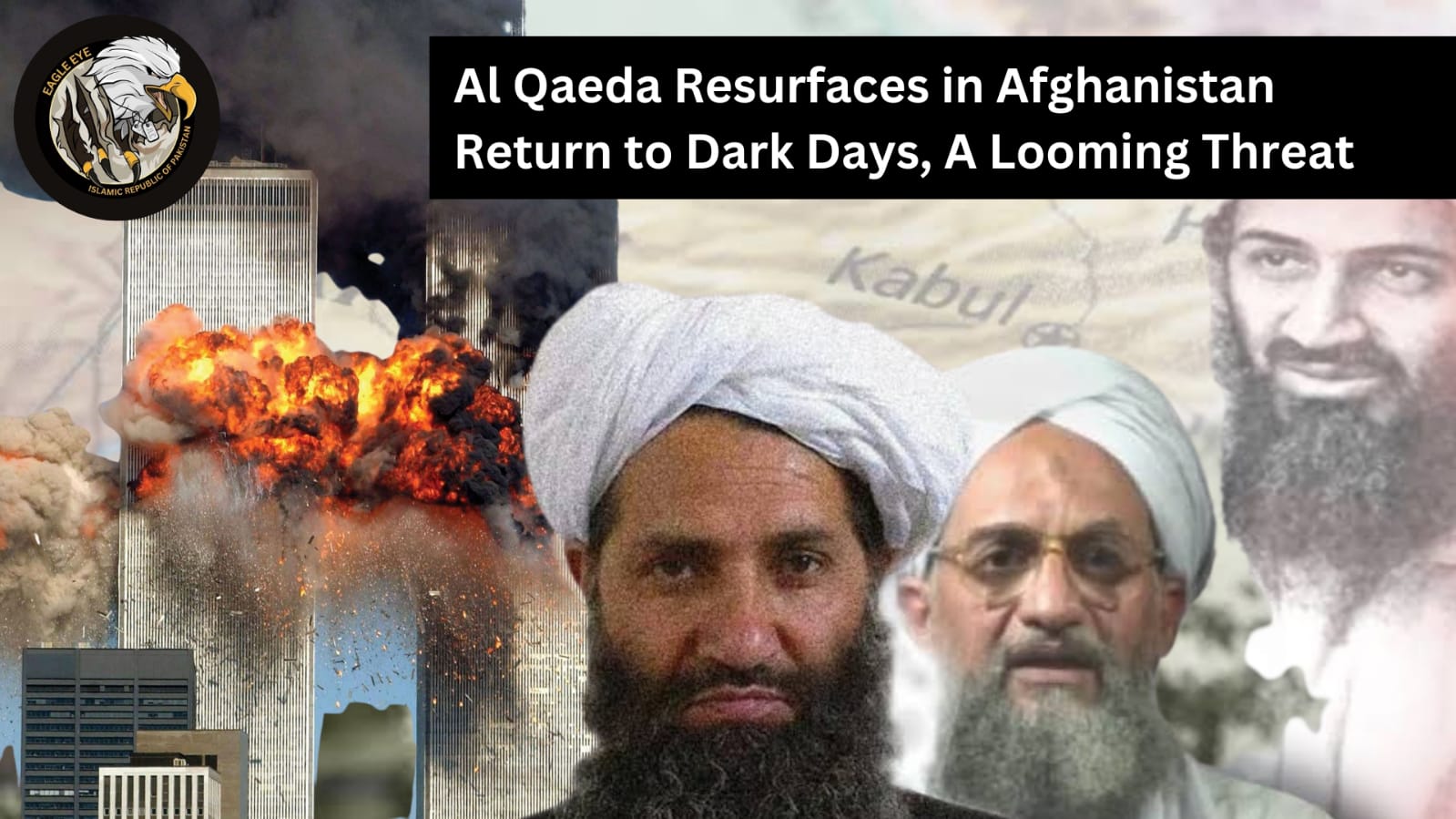Note: This article discusses Pakistan Army under the leadership of COAS General Qamar Javed Bajwa.
The past few years have been highly dynamic within Pakistan, the nation had to deal with terror group’s remnants after the successful Operation Zarb-e-Azb, safeguard CPEC against new threats, counter Indian attempts to diplomatically isolate Pakistan, counter direct Indian aggression, safeguard Pakistan from the chaotic situation after the US withdrew from Afghanistan, deal with a global pandemic COVID-19, combat Locust waves, absorb the largest floods recorded regionally and many more issues. In such times of need, Pakistan army has risen to fulfil its responsibility of safeguarding national security and serving the nation, all this while under the leadership of COAS General Qamar Javed Bajwa.
Dealing with so many issues within just a span of a few years is no easy task and as COAS General Bajwa’s tenure period grows closer to the end this article will peek at the past and discuss what the Pakistan army has achieved under his leadership.
Operation Radd-ul-Fasaad
Under the supervision and directive of COAS General Qamar Javed Bajwa, Pakistan army launched the infamous Operation Radd-ul-Fasaad on 22nd Feb 2017. The aim of the operation was to disarm/eliminate terror group’s sleeper cells all over Pakistani and consolidate the hard-won gains of previous Operation Zarb-e-Azb. Additional objectives were securing the long lawless border with Afghanistan and rearming local Law Enforcement & Paramilitary. Looking at progress now in 2022, it is clear to many that the majority of few remaining terror groups have largely been suppressed and the average number of terrorist attacks (Especially upon Pakistani civilians) have dramatically reduced.
Additionally, local paramilitaries have been rearmed and trained enough to become capable of not only counter-terrorism but also any possible foreign aggression from the western borders. Meanwhile work on border fencing/security is consistent and nearing completion. All this is by far the biggest military contribution of COAS Gen Bajwa who himself often stayed near the frontlines to take command and motivate the troops. Overall operation Radd-ul-Fasaad was another critical domino step toward the complete elimination of terrorism from Pakistan.
Countering Indian Aggression
In September 2016 India officially started a “campaign to diplomatically isolate Pakistan” as its media termed it. Indian leadership had sought to damage Pakistan’s foreign relations via propaganda or exertion of soft power on other nations with the end goal of turning Pakistan into an isolated state such as North Korea. To counter this COAS General Bajwa arose alongside top civilian leadership to play a well-planned game of diplomatic chess and undo years’ worth of Indian efforts.
As a result of COAS General Bajwa’s own diplomatic and military delegation visits, Pakistan has time and time again strengthened relations with Western, Gulf, Asian, and African nations. This fact can be reinforced by the number of national awards granted to him by foreign states such as the Turkish Legion of Merit, Order of Military Merit by Jordan, Order of Bahrain, Order of King Abdulaziz by Saudi Arabia, and GUSP Medal of Merit by the Russian Federation.
However, COAS General Bajwa’s role does not stop here as Pakistan army has multiple times responded to direct Indian military threats over the past few years. These incidents include responding to a massive build-up of Indian forces near the border, cross-border firing, and most prominently the Feb 2019 Pak-Indian strikes. COAS General Bajwa played a key role in military planning and border security strengthening.
Special Security Division to secure CPEC
CPEC is a critical joint Chinese Pakistani infrastructure development program that aims to build up Pakistan’s energy, transportation, and special economic zone sectors for the improvement of Pakistan’s economy and Chinese access to the Arabian Sea. This project involves thousands of Pakistanis and Chinese working together to develop KPK and Balochistan for mutual benefit, however foreign adversaries and anti-state paid mercenaries (Such as BLA) had other plans. These foreign-backed anti-state elements started targeting CPEC projects and workers in consecutive terror attacks resulting in CPEC progress slowing. At this point CPEC had become a national security issue so COAS General Qamar Javed Bajwa arose to the task of safeguarding Pakistan’s interests and after careful planning established the CPEC Special Security Division.
This special division comprised nine army battalions and six civil wings encompassing 13,700 personnel, spread throughout Pakistan to guard CPEC projects and Pakistani/Chinese workers. As a result of these efforts attacks on CPEC-related elements have largely been suppressed, much to the dismay of foreign conspirators and paid militants working under them.
Army’s role in Covid-19 Pandemic
The recent global Covid-19 pandemic has caused widespread devastation, both in terms of global deaths and disruption of economies. Developed nations such as US and UK have suffered hundreds of thousands of deaths, meanwhile, lockdowns caused shortages of many essential products. For Pakistan studies were predicting much worse conditions and expecting full vacation to take decades, however in a surprising turn of events Pakistan came out of the pandemic mostly unaffected with a low death rate and quick vaccination. This is due to the combined efforts of the Military under COAS General Bajwa’s leadership and civilian institutions. Pakistan army played a key role in fighting the pandemic both directly and indirectly. It was the army that utilized its assets to help facilitate logistics & transportation of vaccinations and living essentials, used surveillance technology to track the pandemic spread, provided troops on the ground to enforce lockdown restrictions and sops, and used intelligence assets to plan medical equipment deployment in critical areas. Furthermore, under COAS General Qamar Bajwa’s leadership, military officials met regularly at the National Command and Operations Centre (NCOC) for adjustment of the national action plan.
Army Flood Relief Operations
After the recent devastating flood session in Pakistan, it was reported that around 1/3 of the country is covered with water. This resulted in a crisis of an unprecedented scale as homes were destroyed alongside other vital infrastructure (Roads, Bridges, etc) creating many flood victims in need of rescue and rations. Given the scale of this national disaster, Pakistan army under the directives of COAS General Qamar Bajwa arose quickly to start nationwide flood relief operations.
Pakistan army ground assets and aviation corps quickly deployed in flood-affected zones to start evacuations and establishment of relief camps. Additionally, the army started emergency rations distributions for those still trapped and established onsite field hospitals. COAS General Bajwa himself along with many high-ranking army officials have paid several visits to flood-affected sites to evaluate the situation and enhance overall morale. All in all, army flood relief operations continue in service of the nation and people.
Author Notes: When it comes to current general perceptions around Pakistan Army and COAS General Bajwa, there exist many controversies due to the complicated political situation in Pakistan and abroad, however, we as individuals need to set aside biases and for a short while look at the overall picture. What could have and what has been done under the short but chaotic past few years where one crisis ends with the start of another. Much good has been done which remains forgotten.
#BlitzFalcon
#TeamPakistanStrategicForum






